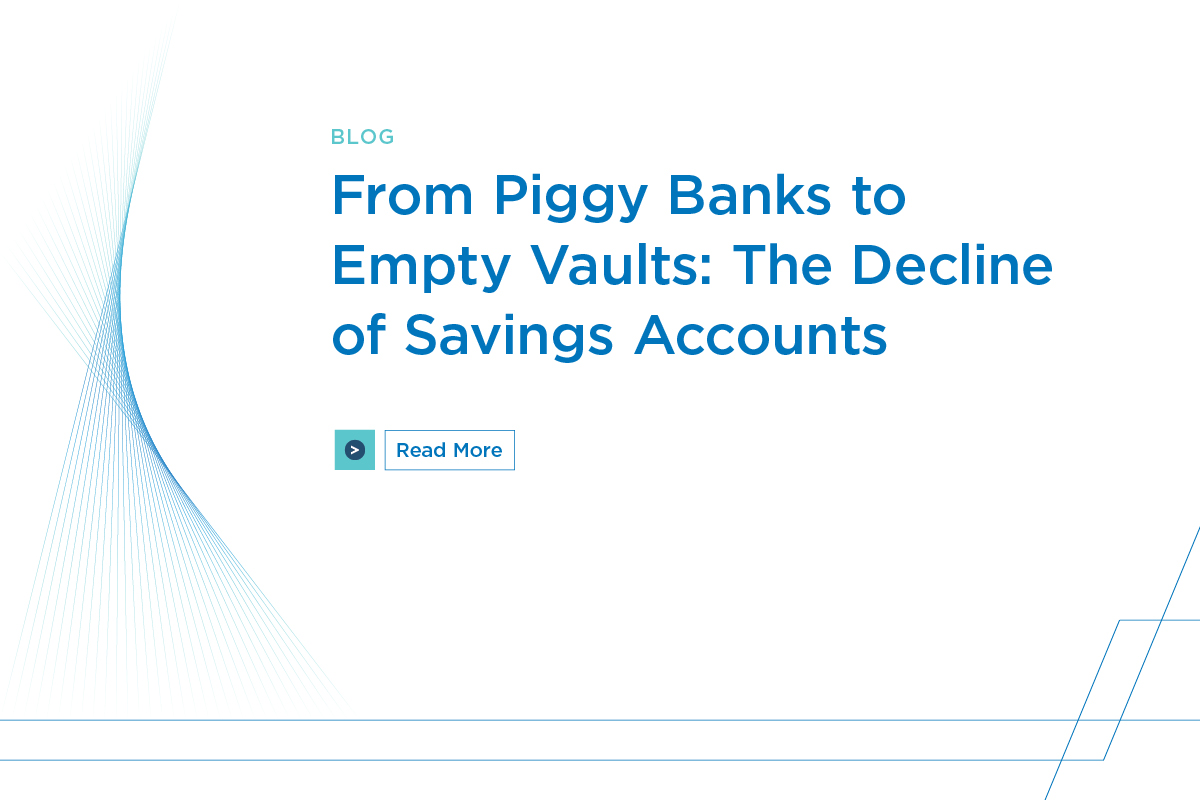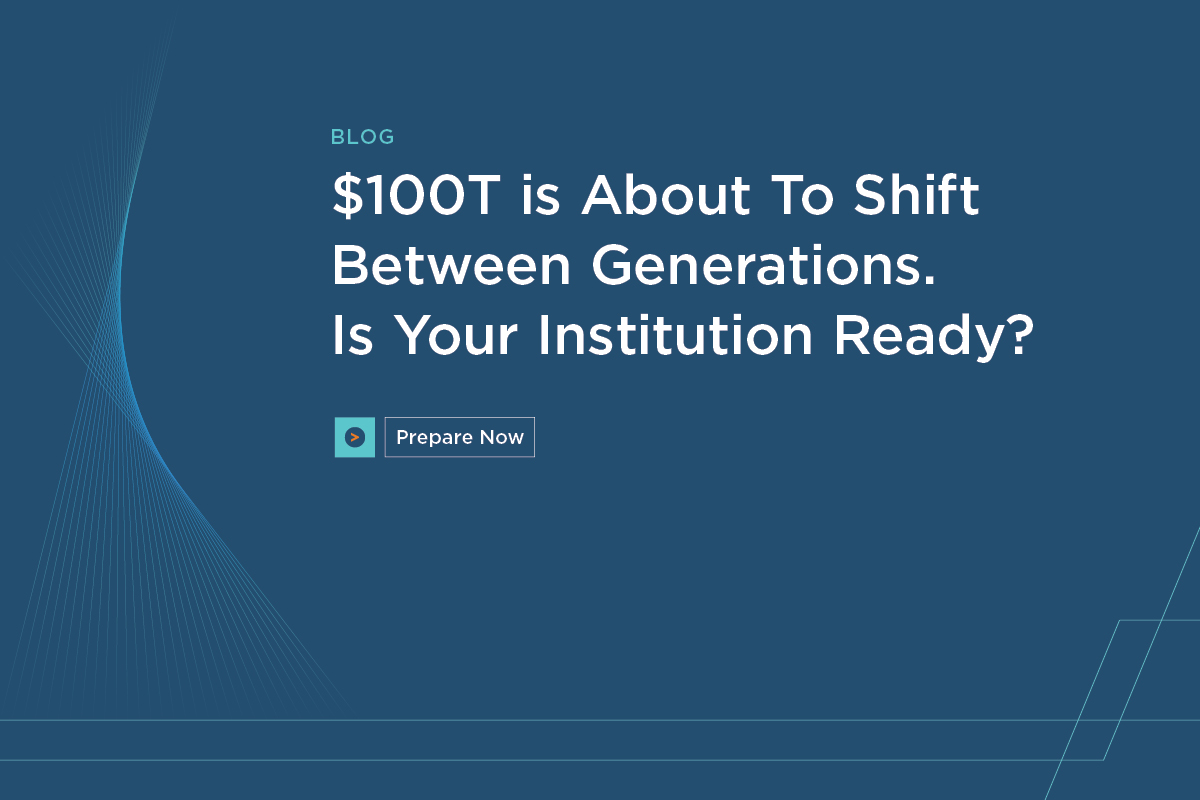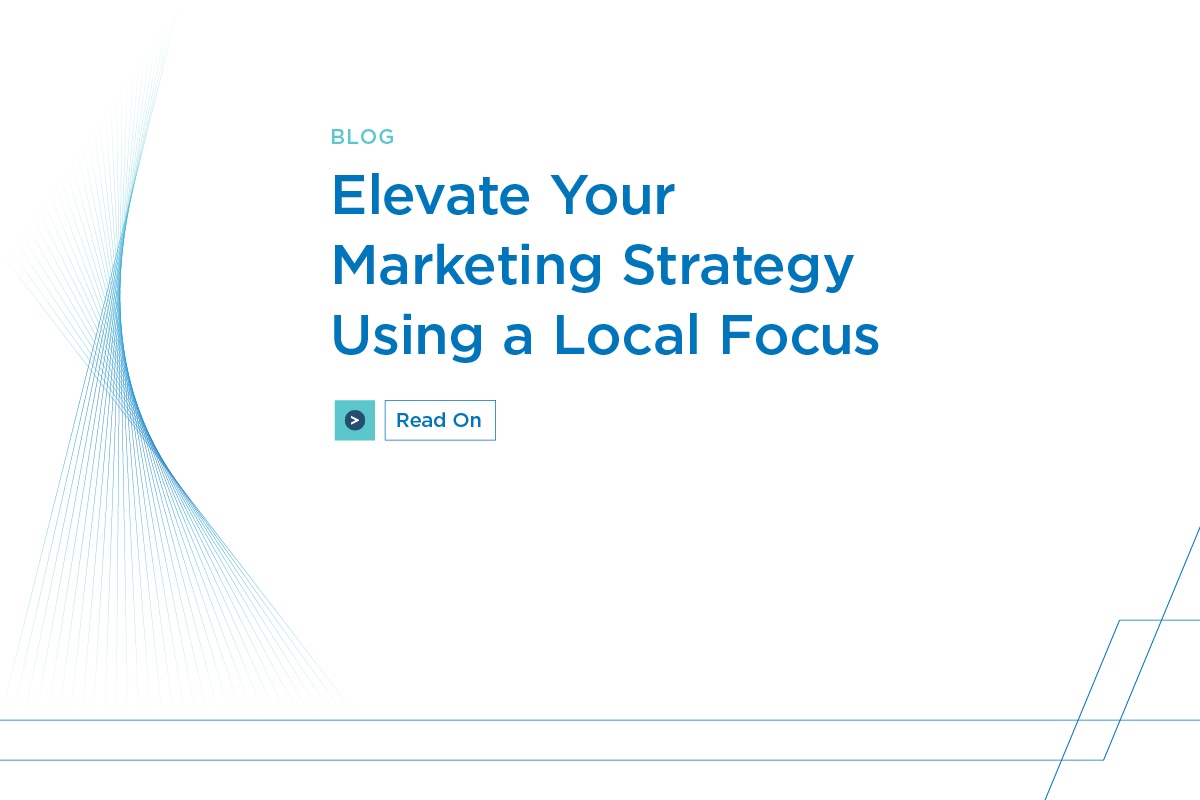Outsourcing contact center operations are experiencing a resurgence in the growing digital age. People want hands-on support when it comes to navigating new technology. In an age where support is oftetntimes being pushed to self-service channels, customer frustration is at an all-time high. Many financial institutions are reconsidering the human touch approach to customer service. Staffing concerns have also led more banks and credit unions to consider outsourcing as a supplement to their existing contact center or a full replacement if they are unable to find their employees.
Why outsource your contact center?
There are many reasons for outsourcing your contact center. Consider these advantages in making this strategic decision.
- Flexible staffing. Outsourcing allows you to quickly scale up your staffing without hiring more people to handle sharp spikes in calls and handle times during high-volume, inbound events and ramp down just as fast
- Stronger organizational support. Outsourcing vendors provide valuable services beyond staffing, such as project planning and management support, quick issue resolution, customer satisfaction and ongoing quality assurance
- Greater customer engagement. Contact center interaction with a live person is second only to an in-person branch visit driving customer engagement. Outsourcing lets you provide a better customer experience with shorter wait times and well-trained agents
- Better strategic alignment. Requiring in-house staff to make outbound calls or handle customer support is not the best and most productive use of their time. Outsourcing enables them to focus on what they do best
- Stronger competitive advantage. With customer experience increasingly becoming a strategic imperative and competitive advantage, an outsourced contact center can become an extension of your institution’s business and brand
When to outsource your contact center
Contact centers handle inbound and outbound calls, both of which can be outsourced. Outsourcing makes business sense when a financial institution undergoes a significant change. But it can also be a strategic tool to support account holders during their day-to-day activities or to drive business growth.
Consistent customer service during inbound events
The financial services industry is constantly changing due to regulatory developments, technology disruptions and rising consumer expectations for speed, convenience and personalization. Financial institutions undergoing business transitions require additional staffing for their contact center to deliver consistent and exemplary customer service. Some examples of these changes include:
- Digital banking conversions. Upgrading or migrating technology often requires account holders to take specific steps online, and they need support from knowledgeable, patient customer service agents
- Mergers and acquisitions. These usually involve policy changes and account transitions, which can be problematic or confusing for account holders, making a case for strong customer support from your contact center
- Regulatory changes. Stricter data and privacy laws have led financial institutions to enforce additional layers of protection which many account holders may need help with
- Branch expansion or closing. Opening branches could prompt account holders to call your contact center for more information while closing branches might lead to higher call volumes from anxious customers
- Business continuity and crisis communication. Any crisis or unplanned event, from the pandemic and a public relations nightmare to a natural disaster or security breach, can bring a sudden influx of calls from worried or agitated account holders
Using your contact center as a growth driver
Customer support is just one aspect of a contact center. Business growth is another. One obvious way to generate growth for your financial institution is to use the contact center for outbound campaigns. But there’s a bigger opportunity than just bringing in new deposits and loans. Providing a positive customer experience by engaging your account holders, meeting their needs and resolving their problems can also have a measurable impact on your bottom line.
These are two ways you can leverage an outsourced contact center to drive business growth:
- Improve service levels. Augmenting staff by outsourcing to a contact center supplier enables your financial institution to consistently deliver on account holder expectations, reinforce brand trust and create a lasting positive customer experience
- Outbound communications. Outsourcing your contact center allows you to make more outbound calls to account holders to welcome them, provide updates, inform them of new promotions, up-sell or cross-sell and solicit feedback
What to consider when choosing your contact center
An outsourced contact center can be a natural extension of your brand. So, choosing the contact center vendor is crucial. These are what you need to factor in your decision:
- Quick reaction time. Your vendor should be agile in responding to customer calls
- Flexible staffing. You want your supplier to accommodate your requirements
- Mirrored experience. Your contact center resource should model its standards and process after your own to deliver consistency
- Customized messaging. Your outsourced contact center must be able to produce customized programs to your specifications and adapt as necessary
- Focused attention. Your supplier should provide contact specialists to work exclusively on your account, not shared resources
- Industry experience. Given the specialized nature of financial institutions, your vendor should have expertise in the industry
s.



